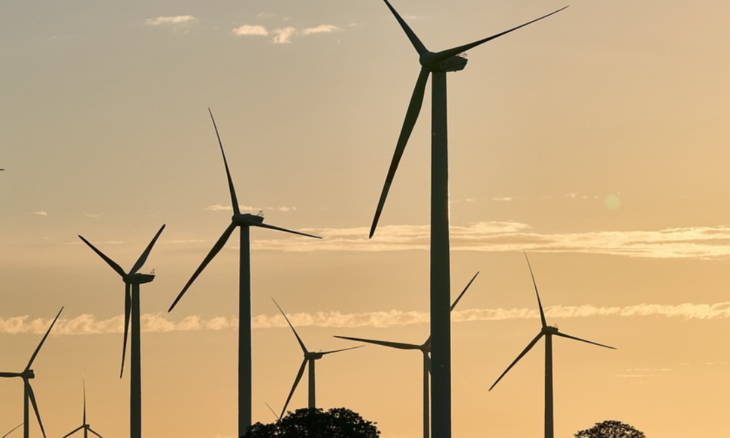
Gujarat Energy Transmission Corporation (GETCO) is set to invest Rs 96,000 crore over the next eight years. This substantial financial commitment aims to enhance the state’s transmission network, ensuring it can handle the increasing capacity from renewable energy sources. The announcement was made by Jai Prakash Shivahare, Managing Director of Gujarat Urja Vikas Nigam Ltd (GUVNL), during the Global Wind Day event.
Gujarat, already a leader in renewable energy, boasts an impressive 11,823 MW of wind and 14,182 MW of solar capacity, totaling 26,005 MW. The state has ambitious plans to significantly increase this capacity, projecting the addition of 22,546 MW of wind and 24,694 MW of solar energy by the 2030-31 fiscal year. This expansion will bring the total renewable energy capacity to 73,245 MW. In addition to renewables, Gujarat will also add 2,458 MW of coal and 1,620 MW of hydro power by 2028-29, necessitating robust transmission infrastructure.
Shivahare highlighted the geographical challenge that much of Gujarat’s renewable energy potential lies in sparsely populated areas like Kachchh and northern Gujarat, while major consumption centres are located in cities such as Ahmedabad, Morbi, Rajkot, and Vadodara. GETCO’s investment will focus on bridging this gap, ensuring reliable connectivity between production and consumption zones.
The company is currently investing around Rs 4,000 crore annually on transmission infrastructure. To meet future demands, this spending will increase, supported by potential loans, given GETCO’s strong financial health and low leverage.
In tandem with infrastructure improvements, Gujarat has made significant strides in energy storage. The state has completed two tenders for battery-based energy storage, achieving levellised costs of Rs 4.43 and Rs 3.67 per kWh, respectively. Each tender covers 250 MW capacity, with a greenshoe option to double the capacity in the second tender. Indigrid and Gensol secured the first tender, while Gensol won the second.
GUVNL will compensate the storage providers Rs 4.48 lakh and Rs 3.73 lakh per MW per month, respectively, for maintaining the systems with minimal storage loss. These systems will supply electricity during peak morning and evening hours, offering a cost-effective alternative to the current gas-based power plants, which cost ₹8.5 to ₹9 per kWh.
Shivahare emphasised the flexibility and operational benefits of battery-stored energy, which can be swiftly activated to meet demand. As Gujarat continues to lead in renewable energy, these investments in transmission and storage infrastructure are crucial for supporting the state’s growing energy needs and ensuring a sustainable, efficient power supply.

